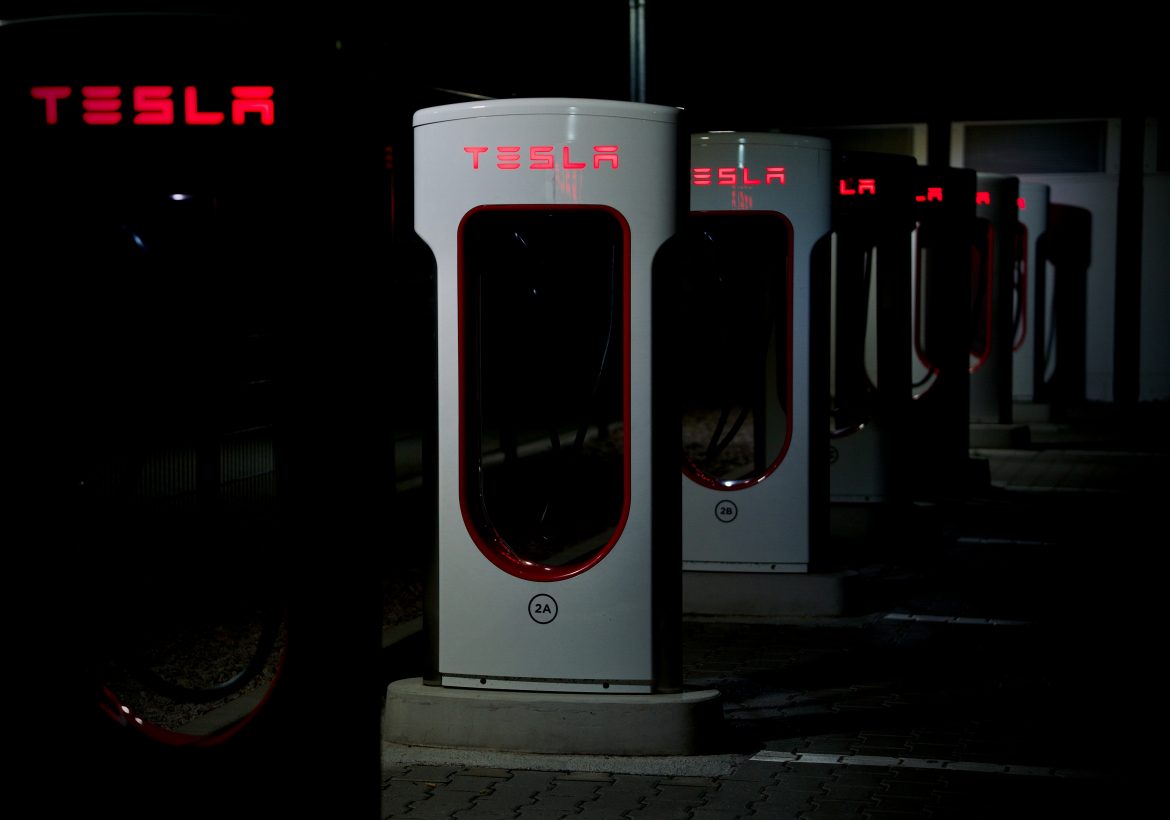By downsizing Tesla’s electric-vehicle charging staff lately, Tesla CEO Elon Musk has raised the possibility of discontinuing plans to expand the fast-charging network and even delaying President Joe Biden’s commitment to electrify all US highways. The Biden administration has been working on a project called the National Electric Vehicle Infrastructure (NEVI) program since last year. This project is aimed at increasing EV adoption and improving the country’s charging network. And with USD 5 billion budget over five years the program will be used to install 500,000 charging stations for EVs nationwide.
The role of the company in the EV market as the operator of the Supercharger network that is regarded as the largest fast charger in the US puts it at a vantage point in the NEVI program as a key partner. Nevertheless, after the reports of the sudden layoffs of Tesla’s EV charging division, the executives of other charging companies have disclosed receiving the inquiries from the property owners who are seeking for the other partners for their private charging projects after the withdrawal of Tesla.
The immediate aftermath of Tesla’s potential withdrawal from the federal program is indeed visible among charging companies, who is definitely facing significant delays in the rollout. Aatish Patel, co-founder of XCharge North America, the EV chargers maker stated that, possibly, the project NEVI gets delayed, because new state solicitations will be needed if Tesla opts out. He also pointed out that this delay would probably slow down the process of building many of the charging stations that had been planned for construction.
Patel spotlighted the immediate influence on various regions. Real estate firms from Texas to New York had multiple operations for which they sought Tesla replacements. EVAdoption research firm has reported that Tesla has already secured contracts to set up chargers at 60 out of the 501 NEVI-funded locations announced so far.
The NEVI plan’s continuous development has been hindered by a host of obstacles, including the delay in issuing eligibility criteria and the average federal funded charging station installation, which are in addition to the recent Tesla restructuring activities. The future of NEVI’s objectives sitting on the shoulders of the stakeholders, who keep hoping for the speedy resolution that would help keep the momentum of the development of EV infrastructure alive.



